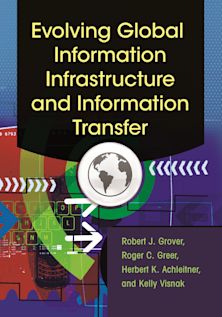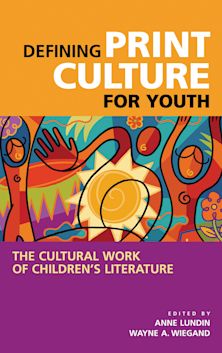Beyond the Facts
Tacit Knowledge and the Hidden Infrastructure of Our Informed Times
Beyond the Facts
Tacit Knowledge and the Hidden Infrastructure of Our Informed Times
This product is usually dispatched within 1 week
- Delivery and returns info
-
Free CA delivery on orders $40 or over
Description
This book describes tacit knowledge, what it is, how it used and its role in our current data driven world. It argues that fuzzy, hard-to describe information is greater and more, important than just hard facts.
What is tacit knowledge? It is what we might consider knowledge that is unable to be fully communicated: knowledge that we understand implicitly, but it is a bit hard to explain. For example, it is the kind of knowledge one needs to ride a bicycle, but that cannot be described precisely on paper in the way one might be able to explain how to cook a dish. Tacit knowledge is the least understood type of information and one of the most difficult to communicate. Yet there is more tacit knowledge in our lives than the specific facts one can find in a book, on the Internet or in the simple form of a fact. This book is designed to introduce the reader to the concept of tacit knowledge and how to recognize and use it.
This book offers definitions of tacit knowledge and compares the topic to explicit knowledge, then describes how the former is used today. The author argues that both types are used today and explains how one can use both types of knowledge in their lives.
Topics include:
· The role of tacit knowledge in business and government
· The wide use of Knowledge Management techniques in tacit knowledge and the newly emerging set of ideas quietly spreading in the workplace called Critical Systems Thinking
· How one can understand and apply tacit knowledge
· How AI can apply tacit knowledge
This book is an essential primer to understanding tacit knowledge and learning how to use it to your advantage.
Table of Contents
1. Islands of Information
2. What Tacit Knowledge Is and How to Use It
3. Being Explicit About Tacit Knowledge
4. Building Bridges Across Information
5. Executing on the Wish
6. Tacit Knowledge in Business and Government
7. Role of Knowledge Management and Critical Systems Thinking
8. Getting Personal in Dealing with Tacit Knowledge
9. Back to Bridging Tacit and Explicit Knowledge
Bibliographic Essay
About the Author
Index
Product details
| Published | Sep 04 2025 |
|---|---|
| Format | Hardback |
| Edition | 1st |
| Extent | 232 |
| ISBN | 9798216196013 |
| Imprint | Bloomsbury Libraries Unlimited |
| Illustrations | 1 bw illus |
| Dimensions | 229 x 152 mm |
| Publisher | Bloomsbury Publishing |
Reviews

ONLINE RESOURCES
Bloomsbury Collections
This book is available on Bloomsbury Collections where your library has access.


































